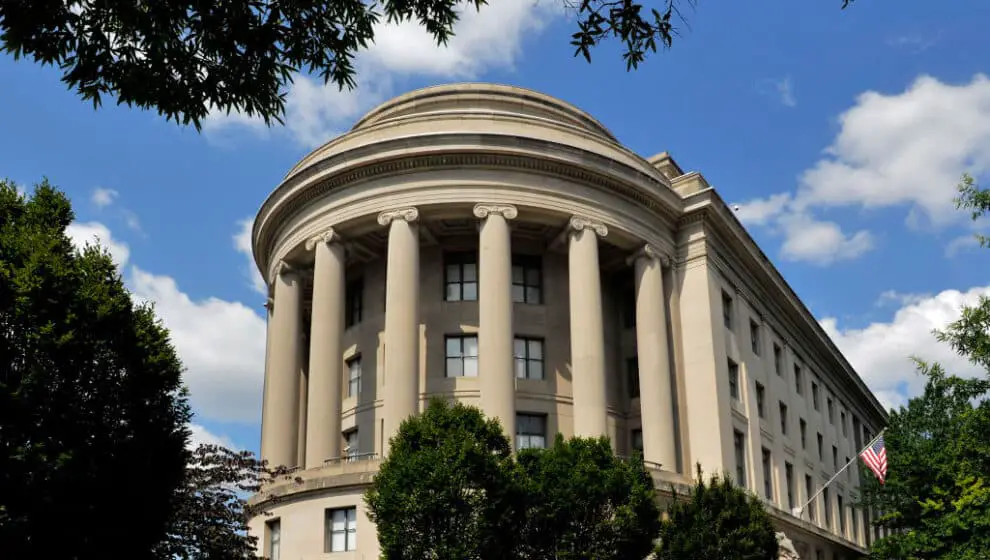The Federal Trade Commission (FTC) proposed a new rule change that would ban the imposition of non-compete clauses.
Key Details
- Non-compete clauses are contractual agreements that keep workers from simultaneously working for an employer and the employer’s competitor.
- The new rule would nullify all current and future employment contracts regarding non-compete rules.
- No formal decision has been made on the proposal yet. The FTC opened public comment for the proposed rule change on January 5, which lasts through March 10.
Why It’s Important
The FTC’s argument against non-compete clauses is that they have negative externalities against workers and harm the economy, saying that the ban could increase worker earnings by $300 billion per year and close racial and gender gaps by as much as 9.1%.
“The evidence shows that noncompete clauses also hinder innovation and business dynamism in multiple ways—from preventing would-be entrepreneurs from forming competing businesses to inhibiting workers from bringing innovative ideas to new companies. This ultimately harms consumers; in markets with fewer new entrants and greater concentration, consumers can face higher prices—as seen in the health care sector,” says the FTC.
Partisan Reactions
The news was met with an adverse reaction from the U.S. Chamber of Commerce, which threatened a lawsuit on January 12, on behalf of the millions of businesses it represents, saying, “noncompete agreements are an important tool in fostering innovation and preserving competition.”
Liberal economist Robert Reich defends the FTC’s proposal, saying that “the rule isn’t a sure thing. House Republicans will try to kill it. Corporate America will appeal it to the supreme court, which is hostile to independent regulatory agencies such as the FTC.”
The Hill notes that congress has gone back and forth on the subject, noting that there are negative externalities to non-competes but that it hasn’t stifled innovation in economically strong states like California. The FTC’s move is a politically aggressive one though, and lawmakers will argue that it represents an overreach that ought to be debated in Congress or left to individual states to decide.
“Preempting state law under broad, cursory statutes is an extreme exercise of authority for an executive agency or independent commission. Generally, unless Congress preempts state law, it must use a constitutionally enumerated power while respecting the Tenth Amendment’s protection for state sovereignty,” says The Hill.
